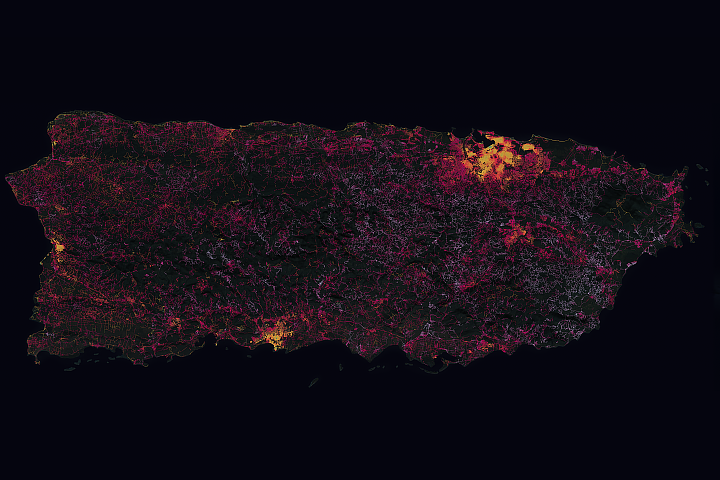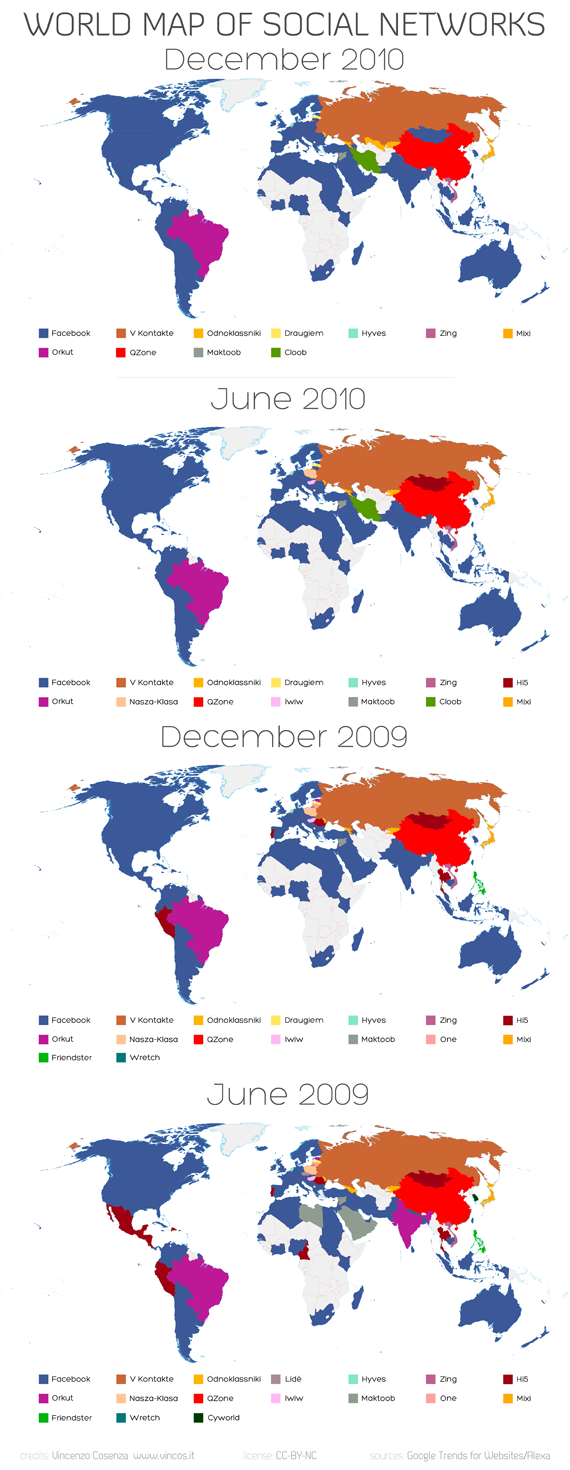The Wall Street Journal
By Rachel Ehrenfeld
While "perestroika" makes headway in the Soviet Union and other East Bloc countries, and while Communist China is cleaning house in Beijing, "spring cleaning" is taking place in Havana. "The true revolution cannot leave unpunished those who violate its principles" said Granma, the Cuban Communist Party's newspaper. The editorial was providing the "correct interpretation" of the extraordinary arrest of war hero Gen. Arnaldo Ochoa Sanchez and seven accomplices on charges of corruption and international drug trafficking.
Until Gen. Ochoa's indictment, Fidel Castro had denied vehemently that any Cuban official was involved in the world drug-trafficking network. Gen. Ochoa, who had fought in Ethiopia, Nicaragua and lately in Angola, had been away from Havana for a long time, and it is doubtful that he was involved in drug trafficking. More to the point, there is small chance that either Gen. Ochoa or his most notable co-defendant, Brig. Gen. Patricio de la Guardia -- commander of an elite Special Forces brigade, answering directly to Fidel -- could have been involved in trafficking without Fidel's approval.
Fidel's admission that Cuban officials are involved in the drug business, after 30 years of uncompromising promises that no one in Cuba could possibly be involved in the drug trade, falls on a few willing ears. Senate Foreign Relations Committee Chairman Claiborne Pell, who visited Cuba in November, immediately commented that the arrests in Cuba ". . . could open the way to mutually beneficial cooperation between the United States and Cuba in narcotics trafficking that is taking place in the sea and air space that we share."
Such talk must please Fidel. Short on foreign currency, and possibly experiencing some difficulties in obtaining more loans from the Soviet Union, Fidel needs a new source to bail him out. Sen. Pell seems to be attentive to Fidel's needs. But can anyone really fall for Fidel's portrayal of himself as a anti-drug crusader?
Jose Blandon Castillo, a former intelligence aide to Panama's de facto dictator Gen. Manuel Noriega, provided well-documented evidence in January 1988 that enabled U.S. prosecutors in Miami to indict Gen. Noriega for his involvement in drug-trafficking activities. In addition, he provided firsthand information on Fidel's direct involvement in the drug business.
Mr. Blandon described how he was sent to Havana by Gen. Noriega to arrange for Mr. Castro's intervention in a dispute between Gen. Noriega and the Medellin drug cartel. After Gen. Noriega visited Havana and met with Fidel, the dispute was settled. Mr. Blandon found Mr. Castro eager to cooperate: ". . . Fidel feared that Noriega would be replaced in Panama. . . . Fidel Castro made Panama a window . . . an opportunity for business, in order to get Western technology and in order to export some of his goods from Cuba."
Apparently that window is closing rapidly as Gen. Noriega's multimillion-dollar bank records are being exposed. On Tuesday, just two weeks after British authorities released to U.S. authorities records of Gen. Noriega's accounts at the infamous Bank of Credit and Commerce International in London, Fidel announced that at least 18 Cuban diplomats and civil servants working in Panama were being brought home where they, too, would be charged with drug-related offenses. Is it at all probable that Fidel is cracking down on scheming that has been taking place behind his back, despite being lord over one of the tightest internal security networks in the world? Or are his current actions merely a smoke screen to cover what had been (until Gen. Noriega's operations were uncovered) a longstanding policy?
Documented evidence demonstrating Cuba's role in drug trafficking to the U.S. dates back to 1961. According to a secret Drug Enforcement Agency intelligence report (which was leaked to the press on March 31, 1982), a meeting took place in Havana in which Ernesto Che Guevara, then president of the National Bank of Cuba, Capt. Moises Crespo of the Cuban secret police, and Salvador Allende, then a senator from Chile, were among the participants. The subject under discussion was the creation of a drug network that would smuggle drugs from Latin American countries through Cuba to the U.S.
Many other well-documented charges exist, including the following:
-- In an interview with Colombian reporters in October 1982, Fidel described Jaime Guillot Lara as a good friend of Cuba. Mr. Guillot Lara, a convicted Colombian criminal and drug trafficker was indicted on Nov. 15, 1982, together with four Cuban officials, two of whom were close aides to Fidel-Fernando Ravelo Renedo, a former Cuban ambassador to Colombia, and Gonzalo Bassols Suarez, a former minister-counsel of the Cuban Embassy in Bogota. Mr. Guillot Lara and the Cuban officials were charged with operating a major Cuban-Colombian drugs-for-arms operation since 1975 in which a Colombian narcotics ring was used to funnel arms as well as funds to Colombian M19 guerrillas.
-- On Feb. 16, 1988, a federal grand jury in Miami returned a sealed indictment against 17 people who used Cuba as a station to smuggle cocaine from Colombia to south Florida. The indictment (leaked to the press) said, "Nearly a ton of cocaine {has been moved} through Cuba with the aid of Cuban military and government officials." It documented a Cuban-flown Soviet MiG fighter escorting a drug plane and, in another instance, Cuban military personnel unloading and moving drug cargo. The operation was carried out with the help of the Cuban air force, coast guard and the Direccion General de Inteligencia (the Cuban intelligence agency.
-- On March 23, 1988, Maj. Florentino Azpillage Lombard, former Cuban chief intelligence officer in Czechoslovakia, who defected in Vienna in June 1987, revealed that Cayo Largo -- a small resort island south of mainland Cuba where fugitive Robert Vesco lives under the hospitality of the Cuban government -- has been used for drug-trafficking purposes at least since 1978. Maj. Azpillage also said that no drug-related activities can be carried out without Mr. Castro's personal approval because Fidel himself supervised the activities of the troops that oversee the drug smugglers' activities.
-- An indictment handed down on April 17, 1989, in Jacksonville, Fla., described Cuba's drug-trafficking activities with Mr. Vesco and Carlos Lehder, formerly one of the leaders of the Medellin cartel, who operated at the time from Nicaragua. The indictment states that Mr. Vesco arranged, at Mr. Lehder's request, passage of planes carrying cocaine from Los Brasiles Air Force Base near Managua to Corn Island in Nicaragua, and from there over Cuba to Andros Island in the Bahamas on its way to Miami.
Fidel's admission that Cuban government officials are involved in the international drug trade contradicts 30 years of denial. Apparently some U.S. senators and congressmen are willing to believe that Fidel has become a crime fighter, in spite of the public record. But will the American people really believe that the leopard could change his spots?
---
Ms. Ehrenfeld, a fellow at Freedom House, is writing a book on the international drug trade, which is to be published by Basic Books |















